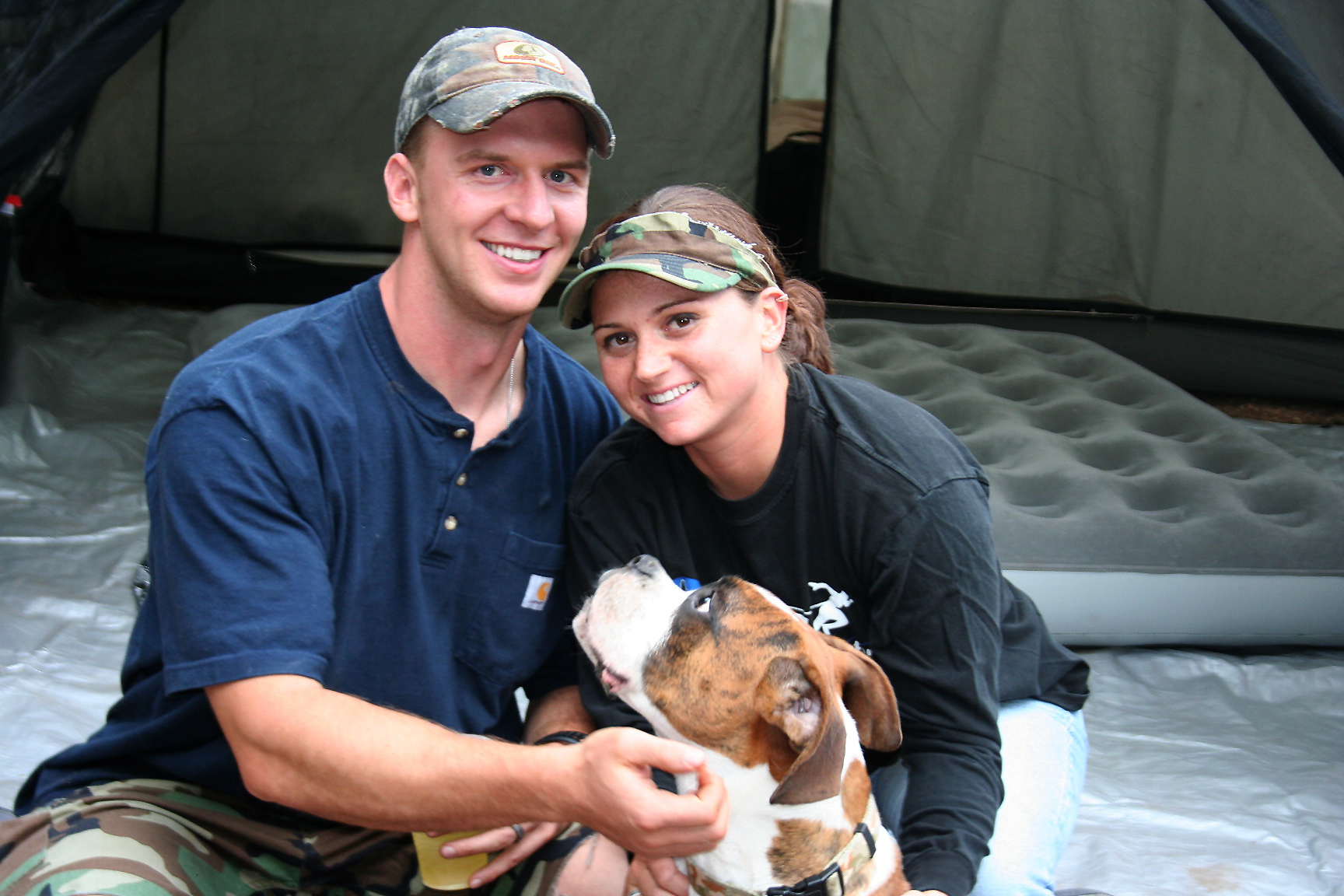By Army Sgt. 1st Class Tyrone C. Marshall Jr.
American Forces Press Service
WASHINGTON, May 28, 2014 – As U.S. troops move to a
train-and-advise mission in Afghanistan, the reduced presence will allow the
United States to address emerging threats in North Africa and the Middle East
more effectively, President Barack Obama said today in West Point, New York.
Speaking during the commencement ceremony for the U.S.
Military Academy, the president announced a new counterterrorism initiative he
has called on Congress to support.
“Earlier this year, I asked my national security team to
develop a plan for a network of partnerships from South Asia to the Sahel,”
Obama said. “Today, as part of this effort, I am calling on Congress to support
a new Counterterrorism Partnerships Fund of up to $5 billion, which will allow
us to train, build capacity, and facilitate partner countries on the front
lines.”
These additional resources, he explained, will provide
flexibility to different missions, including training security forces in Yemen
who have gone on the offensive against al-Qaida, supporting a multinational
force to keep the peace in Somalia, working with European allies to train a
functioning security force and border patrol in Libya, and facilitating French
operations in Mali.
“A critical focus of this effort will be the ongoing crisis
in Syria,” Obama said. “As frustrating as it is, there are no easy answers, no
military solution that can eliminate the terrible suffering any time soon. As
president, I made a decision that we should not put American troops into the
middle of this increasingly sectarian war, and I believe that is the right
decision.”
The president acknowledged that this doesn’t mean “we
shouldn’t help the Syrian people stand up against a dictator who bombs and
starves his own people.”
“In helping those who fight for the right of all Syrians to
choose their own future, we are also pushing back against the growing number of
extremists who find safe haven in the chaos,” Obama said. “So with the
additional resources I’m announcing today, we will step up our efforts to
support Syria’s neighbors -- Jordan and Lebanon, Turkey and Iraq -- as they
contend with refugees and confront terrorists working across Syria’s borders.”
Obama said he will work with Congress to ramp up support for
those in the Syrian opposition who offer the best alternative to terrorists and
brutal dictators.
“We will continue to coordinate with our friends and allies
in Europe and the Arab world to push for a political resolution of this
crisis,” he said, “and to make sure that those countries, and not just the
United States, are contributing their fair share to support the Syrian people.”
The president noted these partnerships won’t eliminate the
need to take direct action when necessary to protect the United States.
“When we have actionable intelligence,” he said, “that’s
what we do, through capture operations like the one that brought a terrorist
involved in the plot to bomb our embassies in 1998 to face justice or drone
strikes like those we’ve carried out in Yemen and Somalia.”
There are times when those actions are necessary, Obama
said, and the United States cannot hesitate to protect its people.
“But as I said last year, in taking direct action we must
uphold standards that reflect our values,” he added. “Our actions must not
create more enemies than we take off the battlefield. I also believe we must be
more transparent about both the basis of our counterterrorism actions and the
manner in which they are carried out.
“We have to be able to explain them publicly, whether it is
drone strikes or training partners,” he continued. “I will increasingly turn to
our military to take the lead and provide information to the public about our
efforts.”
The president praised the intelligence community for its
“outstanding work” protecting sources and methods, but noted “when we cannot
explain our efforts clearly and publicly, we face terrorist propaganda and
international suspicion, we erode legitimacy with our partners and our people,
and we reduce accountability in our own government.”
This issue of transparency, Obama said, is “directly
relevant” to American leadership and efforts to strengthen and enforce
international order.
“After World War II, America had the wisdom to shape
institutions to keep the peace and support human progress -- from NATO and the
United Nations to the World Bank and [the International Monetary Fund],” he
said. “These institutions are not perfect, but they have been a force
multiplier. They reduce the need for unilateral American action and increase
restraint among other nations.”
As the world changes, Obama said, this architecture must
change as well.
“At the height of the Cold War, President Kennedy spoke
about the need for a peace based upon, ‘a gradual evolution in human
institutions,’” he said. “Evolving these international institutions to meet the
demands of today must be a critical part of American leadership.”







